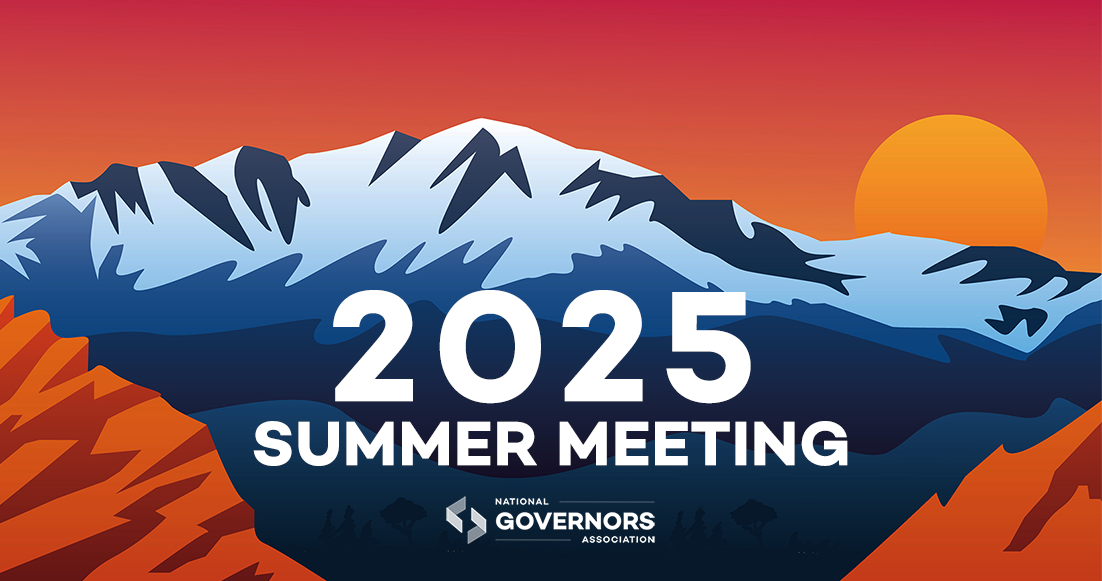January 31, 2018 | Portland, OR
With the increased prevalence of large-scale natural disasters and the threat of a future Cascadia Subduction Zone earthquake and tsunami, regional energy resilience coordination is becoming increasingly important. To address critical regional energy resilience issues, Oregon and Washington, in partnership with the National Governors Association Center for Best Practices (NGA Center), hosted a one-day retreat to coordinate cross-state energy emergency planning. The goal of the retreat was for presenters and participants to help state government agencies to develop a common understanding across the two states about the state roles and opportunities for cross-state and cross-sector coordination. It examined two critical, interrelated topics: stockpiling emergency and backup electricity equipment; and resiliency for the liquid fuels sector during a prolonged power outage.
To explore solutions to these two challenges, representatives from each state began the discussions by providing in-depth status and planning updates. Following those updates, participants heard about challenges and best practices from stakeholders and outside experts. NGA then facilitated discussions in which meeting participants engaged in brainstorming sessions about how the states can strategically coordinate with one another, the private sector and the federal government to address the challenges and opportunities identified.
Agenda
Presentations
January 31, 2018
Welcome Remarks and Introductions
Speakers:
- Dan Lauf, program director, Environment, Energy & Transportation Division, NGA Center
- Ruchi Sadhir, energy and climate change policy advisor, Office of Oregon Governor Kate Brown
- Tony Usibelli, special assistant to the director for energy and climate policy, Washington State Department of Commerce
Updates from the Field
Moderator:
- Dan Lauf, program director, Environment, Energy & Transportation Division, NGA Center
Speakers:
- Sonia Aggarwal, vice president, Energy Innovation
- Ken Colburn, principal and director, U.S. Programs, Regulatory Assistance Project
- Vignesh Gowrishankar, associate director, Energy & Transportation Program, Natural Resource Defense Council
- Kristy Manning, director, Division of Energy, Missouri Department of Economic Development
Stockpiling Emergency and Backup Electricity Equipment: Status and Planning Update from the States
Representatives from the utility commissions in Oregon and Washington described how the two states currently work with utilities to ensure an adequate supply of backup equipment, such as large transformers, is available.
Moderator:
- Tom Simchak, senior policy analyst, Environment, Energy & Transportation, NGA Center
Speakers:
- Lori Koho, administrator, utility safety, reliability and security, Oregon Public Utilities Commission
- Mark Vasconi, director of regulatory services, Washington Utilities and Transportation Commission
Stockpiling Emergency and Backup Electricity Equipment in Oregon and Washington: Stakeholder Perspectives
Following the state status and planning update, speakers from the power sector and federal government presented on how the industry is stockpiling emergency and backup equipment to plan for an outage and areas of opportunity for increased coordination.
Moderator:
- Tom Simchak, senior policy analyst, Environment, Energy & Transportation, NGA Center
Speakers:
- Michael Ware, supervisory general supply specialist, Bonneville Power Administration
- Jeff Bolton, emergency manager, Pacific Power
- Matt Duncan, program manager, state/local/tribal/territorial energy assurance, Infrastructure Security and Energy Restoration, U.S. Department of Energy
Working Lunch: Participant Discussion on Stockpiling Electricity Equipment in the Northwest
During lunch, participants engaged in a brainstorming session about how the two states can work with each other and utilities to more strategically stockpile and deploy transmission and distribution equipment in the event of a prolonged and widespread power outage. Discussion questions included:
- What did you hear this morning that you found notable?
- What challenges remain for the two states to adequately stockpile and deploy backup power equipment?
- What opportunities do you see for Oregon and Washington to address equipment stockpiling challenges on a regional level?
- What next steps do you want to take in your state and with your counterparts in neighboring states?
Resilience for the Liquid Fuels Sector During a Prolonged Power Outage: Status and Planning Update from the States
Representatives from Oregon and Washington described the states’ fuel emergency plans and how they plan to maintain liquid fuels availability during a prolonged power outage. This session primarily addressed petroleum fuels.
Moderator:
- Dan Lauf, program director, Environment, Energy & Transportation Division, NGA Center
Speakers:
- Jill Nordstrom, energy contracts and programs unit manager, ESF 12 lead, Washington State Department of Commerce
- Deanna Henry, emergency preparedness manager, Oregon Department of Energy
Resilience for the Liquid Fuels Sector During a Prolonged Power Outage: Stakeholder Perspectives
Following the state status and planning update, experts from the power sector, federal government and other regions of the country presented on best practices to ensure the availability of liquid fuels during a prolonged and widespread power outage.
Moderator:
- Dan Lauf, program director, Environment, Energy & Transportation Division, NGA Center
Speakers:
- Paul Miller, division director, technology assessment division, Louisiana Department of Natural Resources
- Mary Hobday, emergency planning manager, Puget Sound Energy
- Matt Duncan, program manager, state/local/tribal/territorial energy assurance, Infrastructure Security and Energy Restoration, U.S. Department of Energy
Participant Discussion on Resilience for the Liquid Fuels Sector During a Prolonged Power Outage
Participants engaged in a brainstorming session about how the two states can work with each other, utilities and the private sector to ensure resilient power is available for petroleum refining and distribution. Discussion questions included:
- What did you hear this afternoon that you found notable?
- What challenges do you see for the two states in addressing liquid fuel resilience during power outages?
- What opportunities do you see for Oregon and Washington to collaboratively to address liquid fuel resilience?
- What next steps do you want to take in your state and with your counterparts in neighboring states?
Participants Adjourn












